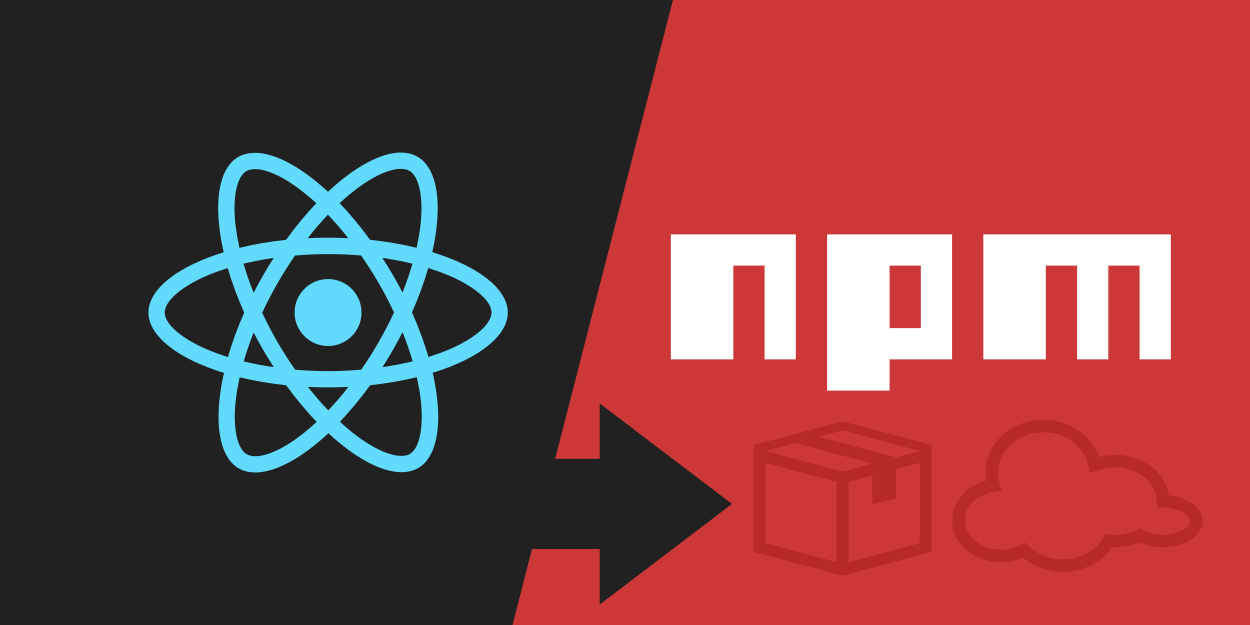How I keep my React project dependencies up to date.
Written on 2023-03-04 by Adam Drake - 4 min read

Starting a new project is always exciting but when it comes to maintaining
projects and their package dependencies you often find your enthusiasm
dwindling. Over the years though I have evolved a process which works for me and enables me to keep my npm packages up to date on my active projects.
Consistency
Unfortunately there isn’t anything sexy or glamorous about maintaining your repos packages. It requires a long term approach and being able to maintain a consistent low level of effort over that period.
Reminders
For this I use calendar reminders (Google or Microsoft Outlook calendar work just fine) and I set up a recurring calendar invite for 30mins every 2 weeks. Therefore I don’t have to remember to update my repo, I just treat it like any other recurring meeting.
Checking Package Versions
For this I use an npm library called npm-check-updates. I have it installed globally on my machine and it’s very simple to use. I navigate to the repo of choice and run the command:
Simple right!? This then checks all the dependencies in your package.json and shows the versions you have installed and which ones have updates available. Something like this:
From the given output you can see which packages could update and to which version so you can see if it’s a minor version update or a major version update.
Don’t update too much at once
This part is very important! When you first start doing this on repos
(especially if they haven’t been touched for a while) then the output from
running ncu can be really long and you maybe tempted to update everything all at once. After all its just one command with this npm-check-updates package:
However, in my experience this can cause more pain that it’s worth. The pace at which the packages on npm update is fast so you can expect if you haven’t updated packages on your repo for even 6 months that there will be some major updates and with major updates come breaking changes!! And these can very easily break your app or break a certain feature within your app.
Slowly Slowly Catch a Monkey
I tend to focus one of these update sessions by either updating all packages with minor updates or on one package with a major update. If a major update I ALWAYS go to the Github release notes and check what the changes are. Then I will update the package either by running
or
Once the package is updated then I make sure to run all tests, linting, type checking, run the app and check for any errors or console errors. From my experience by doing these updates regularly you rarely run into an update that will cause you big problems to implement.
Conclusion
I have heard quite a few different approaches to keeping packages up to date in repos with frequency of updates varying from a week all the way to every 6 months. Some people like to wait ages and then update everything at once and spend a day making sure everything works. Some people (like me) prefer the do-a-little-bit-often-over-a-long-time-approach — I don’t think one method is the best but you need to choose what works for you.
Subscribe to My Weekly Updates on Medium!
Enjoyed This Post?
If you found this blog post helpful, why not stay updated with my latest content? Subscribe to receive email notifications every time I publish.
If you're feeling really generous you can buy me a coffee. (Btw, I really like coffee…)
What You'll Get
- Exciting Discoveries: Be the first to know about the latest tools and libraries.
- How-To Guides: Step-by-step articles to enhance your development skills.
- Opinion Pieces: Thought-provoking insights into the world of frontend development.
Join Our Community
I live in the vibrant city of Prague, Czech Republic, with my family. My blog is more than just articles; it's a community of like-minded developers who share a love for innovation and learning.
About me
I'm a passionate Frontend Developer specialising in React and TypeScript. My professional journey revolves around exploring and mastering new tools and libraries within the JavaScript ecosystem.

Written by Adam Drake
Adam Drake is a Frontend React Developer who is very passionate about the quality of the web. He lives with his wife and three children in Prague in the Czech Republic.
Adam Drakes Site © 2025